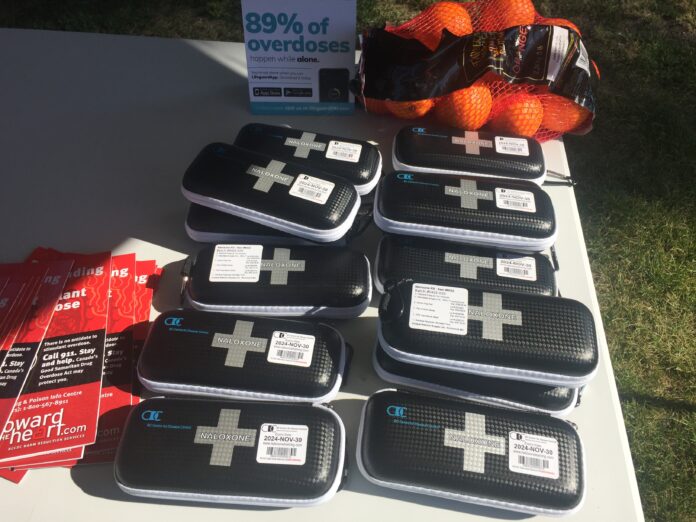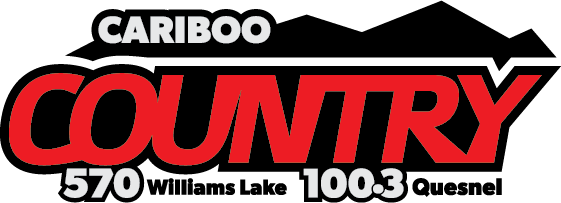Nasal naloxone will now be distributed to B.C.’s public post-secondary institutions, as well as First Nations Mandated Institutes.
The supplies will be located in student residences, social venues such as bars and restaurants, and other areas on campus.
It’s part of new guidelines to protect students and reduce the risks and harms of toxic-drug poisonings unveiled by the province.
Back in May, B.C.’s Post-Secondary Overdose Prevention and Response Steering Committee was formed to support public post-secondary institutions implementing strategies to protect students and reduce the risks and harms of the toxic-drug crisis.
“Our post-secondary campuses should be a safe space for students, staff and faculty,” said Lisa Beare, Minister of Post-Secondary Education and Future Skills. “That’s why the Province has worked with the post-secondary sector to create new guidelines for toxic-drug overdose awareness and response for institutions to use to keep students, staff and faculty safe on campus.”
“The toxic-drug crisis continues to have a devastating impact on families and communities in B.C., and the impact on students has been heartbreaking,” said Jennifer Whiteside, Minister of Mental Health and Addictions.
“Poisoned drugs have become incredibly toxic and more people than ever before are at risk of dying. We’re taking action to make sure students have the tools and knowledge they need to keep themselves and their peers safe in an emergency.”
The steering committee has released guidelines for the public sector to help keep students safe.
These guidelines include promoting awareness of overdose prevention and treatment services available on campus or in the community, the Lifeguard and Brave apps, take-home naloxone kits and drug-checking services, and ensuring students know they can call first responders for help without fear of academic repercussions.
“This document will provide us with important guidance as we review our processes and educate the college community. It is vital to support the health and well-being of students and provide safe places for them to succeed. We are all dedicated to reviewing our processes, implementing change and working across our institutions to make overdose prevention and harm reduction top priorities.” said Cindy Heitman, College of New Caledonia president.
A full link to the guidelines can be found here.
(Files by Brendan Pawliw-MyPGNow)
Something going on in the Cariboo you think people should know about?
Send us a news tip by emailing [email protected].










